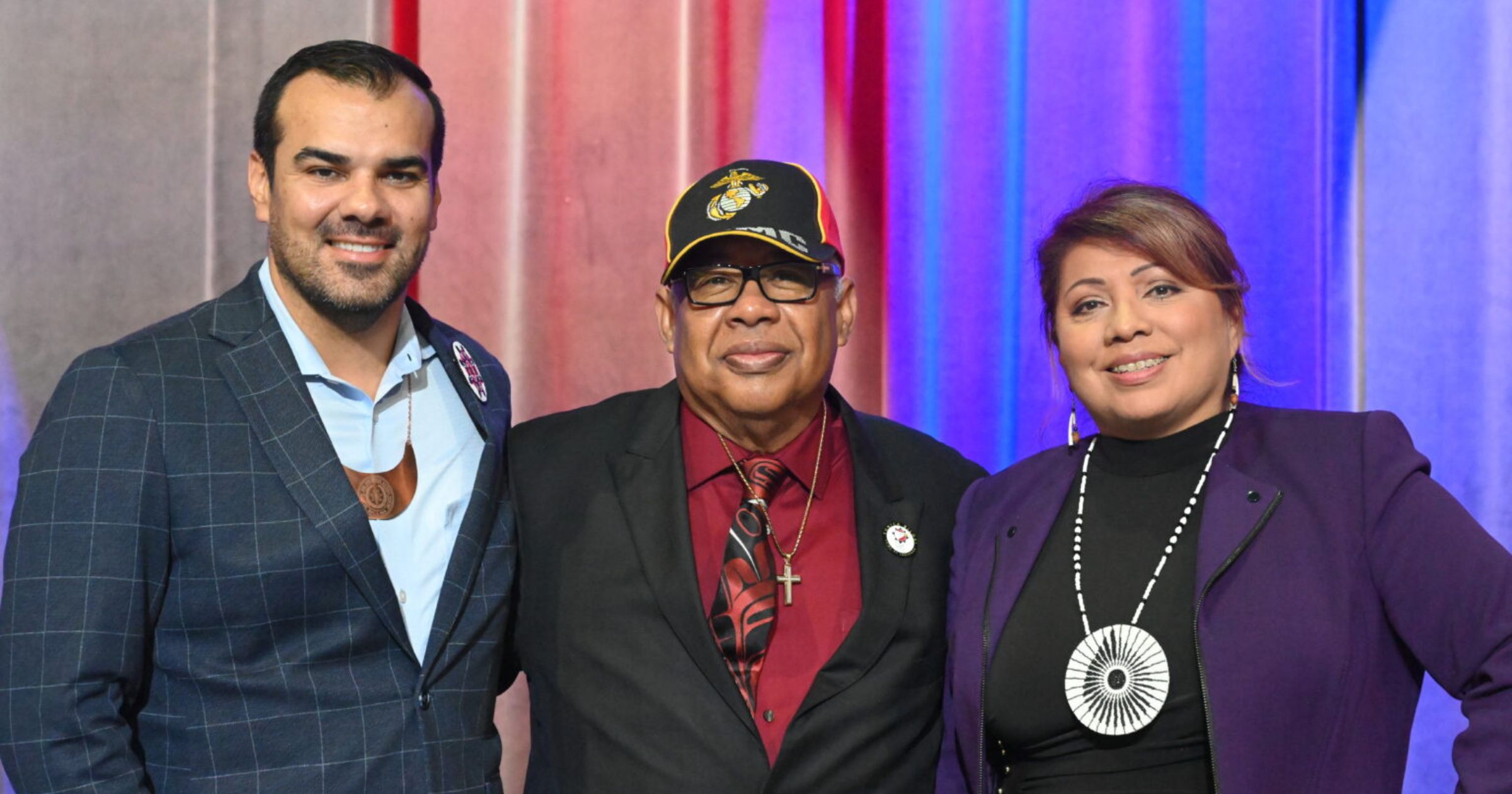Respectfully Showing Patriotism Abroad
It's not uncommon to see American flags proudly displayed on people's houses and in their yards. Showing patriotism is generally viewed as a positive thing, and it's not uncommon to hear the opinion "We're No. 1!" expressed by proud U.S. citizens. When traveling abroad, showing patriotism is a little bit more of a sticky subject. Showing national pride without insinuating that the countries you're visiting are lesser can be a fine balance. Consider these sharing these guidelines with your travelers for showing patriotic spirit without offense or risk to yourself.
Many Americans show their patriotism by wearing clothing that uses the stars and stripes as part of the design. From ties to bikinis and T-shirts, the American flag is emblazoned on a great range of apparel. However, it is actually against the United States Flag Code to wear the flag as apparel; it also immediately marks you as a tourist (and may imply the stereotype of a rich American tourist). If you'd like to display your patriotism abroad (or at home) through your apparel, a flag pin can be worn pinned close to the heart, such as on the lapel of a suit coat or jacket.
When engaging in conversation about historical events, consider the point of view of the people of the country you're visiting. For example, in his book The Bitter Road to Freedom, William Hitchcock writes that the American narrative about the invasion of Normandy during World War II largely focuses on the sacrifices of the Allied soldiers who stormed the beaches. What is often left out is the number of French casualties caused by Allied bombing in advance of the invasion, ostensibly to weaken the Germans, but with devastating civilian casualties nonetheless. "Liberated civilians viewed their liberators with anxiety and even, at times, fear," writes Hitchcock. While many American and Canadian visitors to Normandy find the reception there one of gratitude for liberation, it is important to note that there is more to the story than only the heroic soldiers on the beaches.
Avoid comparisons that imply the country you are visiting could "do it better if they did it our way." From political systems to restaurant customs and driving habits, there are many, many differences you are likely to notice. Be careful in the way you phrase what you notice. It's one thing to be observant and quite another to be judgmental.
Do a little advance research on the history and politics of the country you'll be visiting. It's likely that locals you meet will know something of American history and politics, and it's a nice way to show respect if you can converse with them not only about your home country but theirs, too.
One place it's OK to go crazy with patriotism: international sporting events. During the Olympics or World Cup, wearing jerseys that represent your nationality, placing temporary tattoos of your flag on your cheek or arms, and wearing leis in your national colors is all in good fun.
Written by Jennifer Reynolds, a contributing writer for Groups Today.



